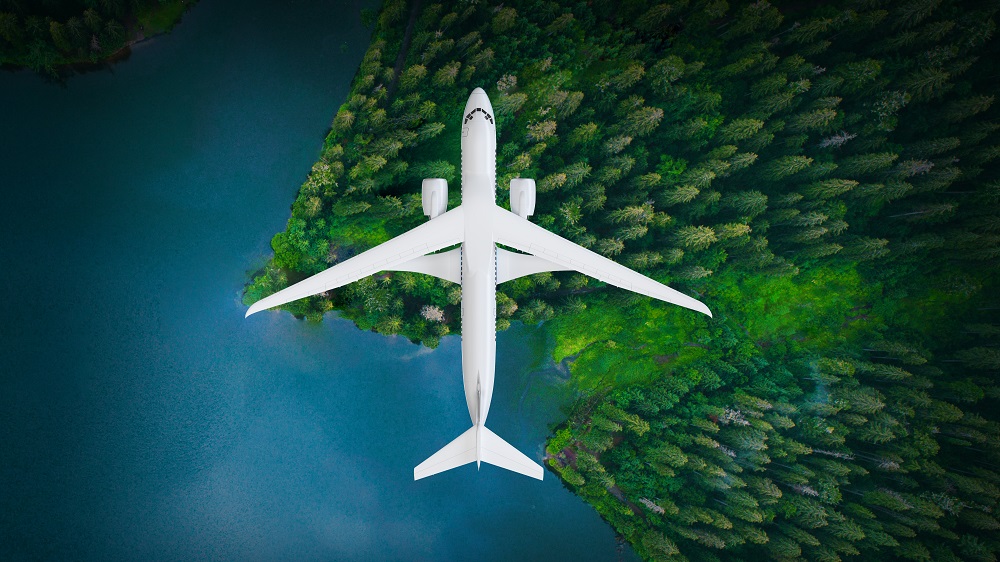In-Flight Hydration: Tips to Stay Hydrated and Beat Jet Lag
Traveling long distances can take a toll on the body, and one of the most common side effects is dehydration and jet lag. However, with some simple tips and tricks, you can ensure that you stay hydrated throughout your flight and minimize the effects of jet lag. In this article, we will explore various strategies and techniques to help you maintain optimal hydration levels during your journey.
1. Drink Plenty of Water
It may seem obvious, but the most important thing you can do to stay hydrated during a flight is to drink plenty of water. Airplane cabins have low humidity levels, which can lead to increased dehydration. Aim to drink at least 8 ounces of water every hour to replenish your body’s water supply.
2. Avoid Alcohol and Caffeine
Alcohol and caffeine are diuretics, which means they increase urination and can lead to further dehydration. It’s best to avoid these beverages during your flight, as they can exacerbate the effects of dehydration.
3. Bring a Refillable Water Bottle
Carrying a refillable water bottle allows you to have a constant supply of water throughout your journey. Once you have cleared security, fill up your bottle at a water fountain or ask a flight attendant to fill it for you. By having water readily available, you are more likely to drink it frequently.
4. Use Hydrating Skincare Products
Hydrating skincare products can help keep your skin moisturized during the flight. Use a hydrating facial mist, moisturizer, and lip balm to prevent dryness and discomfort.
5. Invest in a Hydration Pack
If you frequently travel long distances, investing in a hydration pack can be beneficial. These packs come with a water reservoir and a tube for easy sipping, allowing you to stay hydrated without constantly needing to ask for water.
6. Opt for Hydrating Foods
Some foods can help keep you hydrated. Opt for fruits and vegetables with high water content, such as watermelon, cucumber, and oranges. These foods not only provide hydration but also essential vitamins and minerals.
7. Avoid Salty and Processed Foods
Salty and processed foods can lead to increased thirst and cause further dehydration. Avoid these foods before and during your flight to minimize the risk of dehydration.
8. Stretch and Move Around
Remaining sedentary for long periods can contribute to dehydration and jet lag. Get up, walk around the cabin, and stretch your muscles to improve blood circulation and minimize the effects of jet lag.
9. Use a Humidifier
If you have trouble with dry air in airplane cabins, consider using a personal humidifier. These small devices can add moisture to the air surrounding you, helping to prevent dryness and dehydration.
FAQs
Q: How much water should I drink during a long-haul flight?
A: It is recommended to drink at least 8 ounces of water every hour during a long-haul flight to maintain optimal hydration levels.
Q: Can I drink other fluids instead of water to stay hydrated?
A: While water is the best choice for staying hydrated, you can also consume other non-caffeinated and non-alcoholic beverages like herbal tea, coconut water, or fruit juices.
Q: Is it necessary to use a humidifier on a plane?
A: Using a humidifier on a plane is not necessary, but it can help alleviate dryness and prevent dehydration, especially for those who are more prone to dry skin or respiratory issues.
Q: Will hydrating skincare products prevent jet lag?
A: Hydrating skincare products can help keep your skin moisturized during the flight but they will not directly prevent jet lag. However, hydrating your skin can contribute to overall comfort and well-being during your journey.
Q: Can jet lag be completely avoided?
A: While it is difficult to completely avoid jet lag, following hydration tips, getting enough sleep, adjusting your schedule to the new time zone, and staying active during your flight can help minimize its effects.

